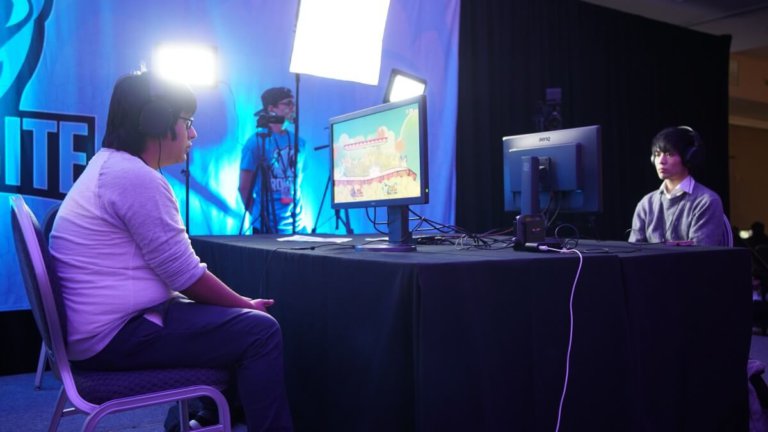
It’s hard to escape the technological trappings of a smartphone screen or laptop while studying for your degree.
International students currently stationed in South Korea may already be exposed to the digital dilemmas of internet addiction and computer game habits that the country is currently facing.
With 95 percent of adults owning a smartphone and internet addiction rehab camps growing in popularity, it’s easy to see how overseas students can get carried away with the country’s digitised culture.
Asia now home to half the world’s internet users and more than one-third or 119 of the world’s 331 “unicorns” or start-ups valued at more than $1 billion. China 91, India 13, South Korea 6, and Indonesia 4. By comparison, United States 161. pic.twitter.com/6549fzEpOU
— Paul X. McCarthy (@paulxmccarthy) August 11, 2019
As one of the most wired countries on the planet, The Washington Post describes South Korea as a “Country where it’s entirely unremarkable for elementary school students to carry smartphones and where the cell network is so good that people livestream TV on the subway.”
However, the problem with this is that “South Korea is grappling with a growing number of digital natives who don’t know how to live an analogue life.”
And the World Wide Web is a dangerous platform to get caught in.

You can get addicted to the internet at any age. Source: Giuliano di Paolo/Unsplash
Posing as a threat to international students and their study progression, South Korea has an abundance of digital distractions to keep revision at bay.
For instance, the distraction of gaming cafes. As one recent report found, South Korea’s digital gaming market is predicted to observe significant growth between 2018-2023.
“Gaming in South Korea is often associated with prize money, and it acts as a significant driver for professional gamers in the country. The players make in the range of approximately USD 40,000/year to USD 105,000/year. Hence, for many young people who are not doing very well in their professional careers, online gaming acts as a lucrative career option,” one analysis states.
Appealing not just to teenagers, the lucrative trade of a gaming career could easily sway international students away from their studies and into a world of instant gratification and prize money.
Acting as a quick, yet addictive way to support their studies in South Korea, it’s easy to see how learners could be lured in by fellow players and potential cash.
But despite appearing anti-social, gaming has its fair share of social elements. From online forums to conversations with neighbouring players, this digital form of distraction may soothe those feeling homesick or lacking friendship.
“My hands get shaky,” says at 14-year-old at a South Korean internet addiction center. “When I go back to the dormitory to get some rest, I keep thinking of Facebook.” South Korea is working to counsel young people who struggle with smart phone dependency.https://t.co/DdkGjddBLE
— NPR (@NPR) August 14, 2019
Of course, every student is different and not every learner gets wrapped up in digital distractions.
But with digital dependency and internet addictions rising in South Korea, are international students under threat of being swept in and straying from their studies?

Remember, students getting addicted to the internet doesn’t just happen in South Korea. Source: Anthony Brolin/Unsplash
Liked this? Then you’ll love…
An international student recounts his experience in North Korea
How improved inter-Korean relations is impacting South Korean universities







